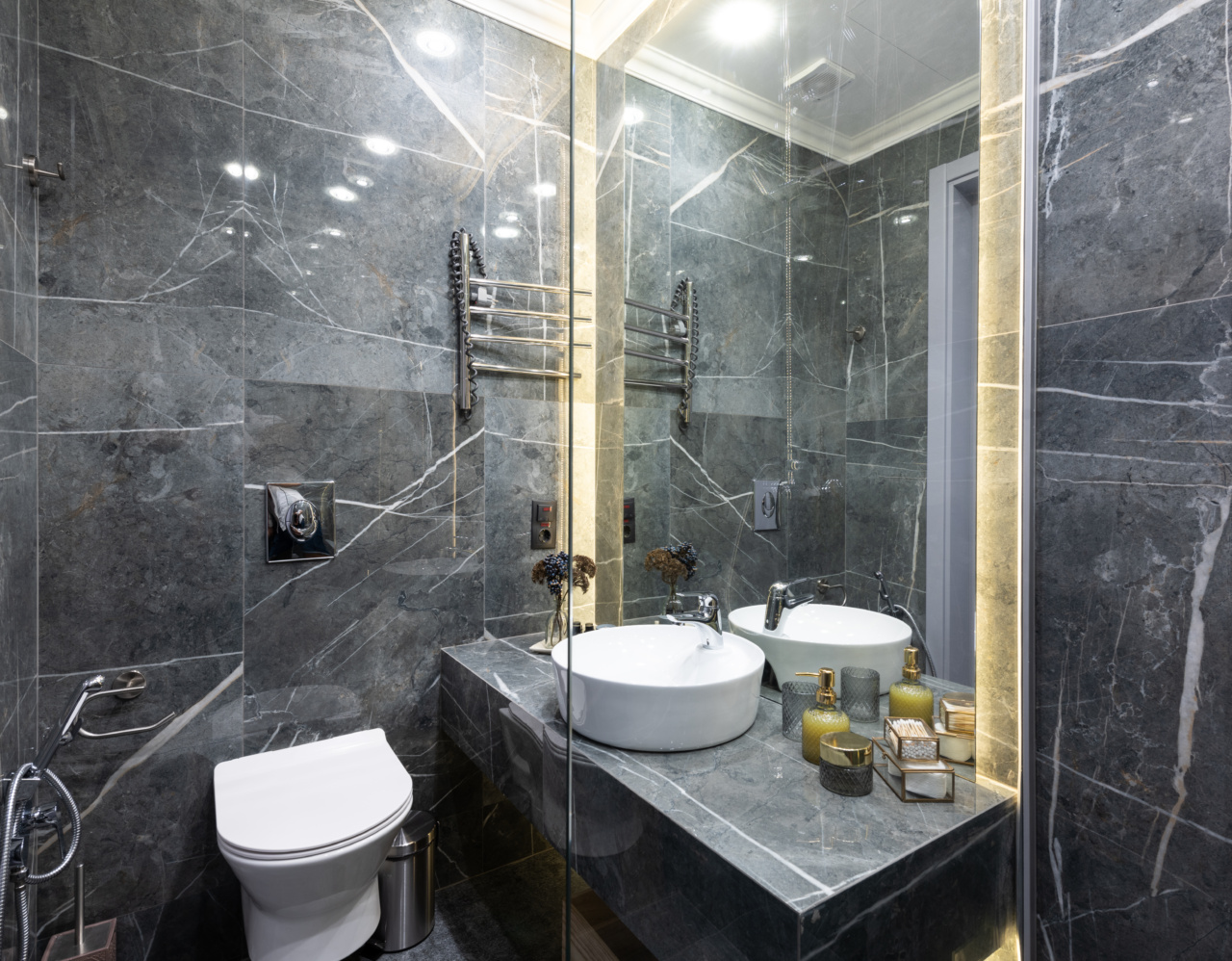When it comes to personal hygiene, most people don’t give a second thought to using soap to keep clean. However, recent research has shown that using certain types of soap may be linked to Erectile Dysfunction (ED).
In this article, we will explore 10 unexpected ways soap can lead to ED and provide tips on what you can do to prevent it.
1. Excessive use of antibacterial soap
Antibacterial soap is designed to kill bacteria, but it can also kill the beneficial bacteria on your skin.
This can lead to an imbalance of your body’s natural flora which could cause inflammation, weakening of the immune system and ultimately ED. It is advised to use regular soap for your daily hygiene.
2. Sensitive skin reaction
Some people have sensitive skin, and using certain types of soap can irritate their skin. This can cause inflammation and scabbing in the genital area, leading to ED. Using gentle soap formulated for sensitive skin can help prevent this reaction.
3. Soap with harsh chemicals
Many soaps on the market contain harsh chemicals like triclosan and parabens, which may cause hormonal imbalance affecting sexual health. these chemicals can negatively impact not only libido but also the ability to achieve and maintain an erection.
Using natural and organic soaps that contain no harsh chemicals can be a better option.
4. Soap with fragrances
Some soap fragrances contain phthalates which can disrupt normal hormonal balance and affect sexual health. A person who is exposed to phthalates has an increased chance of developing ED.
Avoiding soaps with fragrances or choosing those that are made without phthalates can help reduce the risk.
5. Lack of hygiene
Not washing the genital area frequently and effectively can cause bacterial and fungal infections, which can lead to inflammation and ultimately ED.
It is essential to maintain good hygiene practices to reduce the risks of infections and sexual health problems.
6. Excessive cleaning
As important as it is to keep good hygiene, it’s equally important to do it in moderation. Overcleaning and over-scrubbing can cause too much dryness and irritation of the genital area, leading to ED.
It is important to follow recommended hygiene practices to avoid the risks of overcleaning.
7. Using soap as a lubricant
Soap can cause a lot of irritation in the genital area, especially if it contains harsh chemicals. Using soap as a lubricant can make this irritation even worse, leading to scabbing and inflammation which increases the risk of ED.
It is best to use a designated lubricant for sexual activity.
8. Not rinsing thoroughly
Soap residue left over after showering can be a major contributor to inflammation in the genital area, as it traps bacteria and irritants against the skin.
Rinsing the area with plenty of water for 10 to 15 seconds can help remove any residue and lower the risk of ED.
9. Using soap with high pH levels
Soap with high pH levels can be highly alkaline, which can irritate and dry out the genital area causing inflammation and ED. Natural soaps with lower pH levels are a better option for maintaining healthy skin and preventing ED.
10. Using old or expired soap
Soap has a shelf life, and using old or expired soap can result in bacterial overgrowth, leading to infections and inflammation that can increase the risk of ED.
Always check the expiration date and replace old and expired soap that may lead to health risks.
Conclusion
While soap is an essential part of everyday hygiene, there are potential risks of using the wrong kind of soap or cleaning incorrectly.
To prevent the risk of ED, it is advised to use gentle soap with no harsh chemicals, avoid fragrances, follow recommended hygiene practices, and rinse well after use. By taking these preventative measures, you can maintain good genital health and avoid the potential risk of ED.































